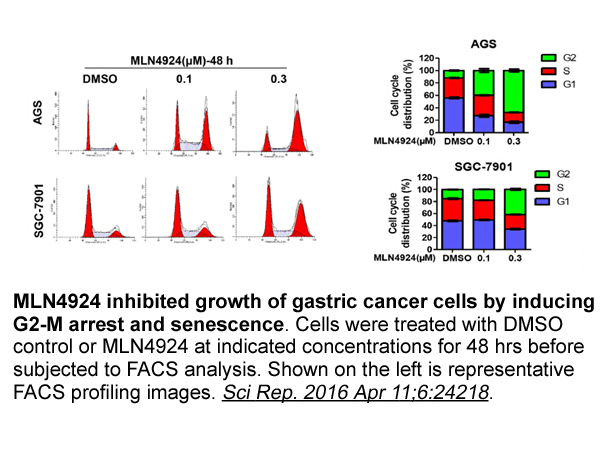Archives
In response to the lack of specific data and
In response to the lack of specific data and little awareness from public health on the effect of e-waste on children\'s health, the WHO department of Public Health and Environment (PHE) is developing a specific plan of action. This initiative includes raising awareness of and communicating the problem, developing training methods and programmes for health professionals, encouraging specific research about e-waste, and gathering interested stakeholders to move this issue forward. The initiative will be officially launched at the 15th international conference of the Pacific Basin Consortium for the Environment and Health (PBC), to be held at the East-West Center, Honolulu, HI, USA, Sept 24–27, 2013, and continues the collaborative efforts of PHE, the PBC, and the US National Institute of Environmental Health Sciences in children\'s environmental health. The conference is open to the scientific 4-ap cost and others who wish to attend.
Evidence-based health systems are extremely important for the improvement of global health. In 1991, the five republics of central Asia (population 61 million), geopolitically strategically located and rich in natural resources, gained independence from the Soviet Union but inherited the Soviet health-care system. The Cold War limited exposure to international medical science, and reliance on Russian-oriented scientific thinking, with near-exclusive use of the Russian language in national science, created barriers to the use of and contribution to English-based sources of medical science. 20 years after independence, our experience is that these barriers persist. To assess the current  contribution of central Asian scientists to medical science, we analysed the quantity and scope of medical literature from central Asia published between January, 2009, and July, 2011. To ascertain perceptions of the use of evidence-based medicine in central Asia, we also did semi-structured interviews with 85 medical scientists, medical educators, and health-care professionals from central Asia ().
contribution of central Asian scientists to medical science, we analysed the quantity and scope of medical literature from central Asia published between January, 2009, and July, 2011. To ascertain perceptions of the use of evidence-based medicine in central Asia, we also did semi-structured interviews with 85 medical scientists, medical educators, and health-care professionals from central Asia ().
A strong research capacity and robust research systems are essential contributors to the health and development of nations. This recognition has prompted significant investments in higher education, research, and innovation in Latin America, a region where health research has traditionally been weak. Unsurprisingly, this expansion in scientific productivity has not been equally distributed, and most Central American countries are deemed to be scientifically lagging.
In Honduras, current health research capacity is small. While neighbouring countries take actions to make research a national priority, conditions of extreme poverty, insecurity, and inequity make envisioning the role research plays in society difficult for Honduran leaders. Accordingly, investment in science and technology in Honduras has been abysmally low (roughly 0·04% of the GDP), which naturally translates into negligible levels of research productivity. Without the research activity that would demand a formal structure, the country has yet to establish a national health research system.
So, how to boost Honduras\'s research capacity if so little exists to begin with? Because of the tendency by funders and researchers from developed countries to invest in countries that have some capacity for health research, with some exceptions, Honduras has been largely overlooked. We are trying to change this trend. Funded by the Global Health Research Initiative of Canada, we have completed a 5-year project of research capacity strengthening at the largest Honduran academic institution, the National Autonomous University of Honduras.
We built and improved on previous models of research capacity strengthening and used an integrated approach not only focused on individual researchers or providing technical assistance but also on fostering an institutional environment that is supportive of safe and ethical science. Our main objective was to establish a locally owned research-based MSc programme in infectious and zoonotic diseases to continually educate new generations of researchers. Additionally, we expanded research networks, built a state-of-the-art research laboratory, installed the National Autonomous University of Honduras\'s first non-medical research ethics board, and led the creation of a biosafety training centre.
We had many obstacles, but 5 years of arduous work have undoubtedly paid off. Students and researchers associated with the project are showing an increased capacity to do research, generate publications, attract funding, and, very importantly, to pursue collaborations with investigators within the region and beyond. Our work in Honduras helped to bridge the proverbial 10/90 gap and increased the demand for a national health research system that would increase the production and quality of health research in the country. We invite the global community to build on our efforts.